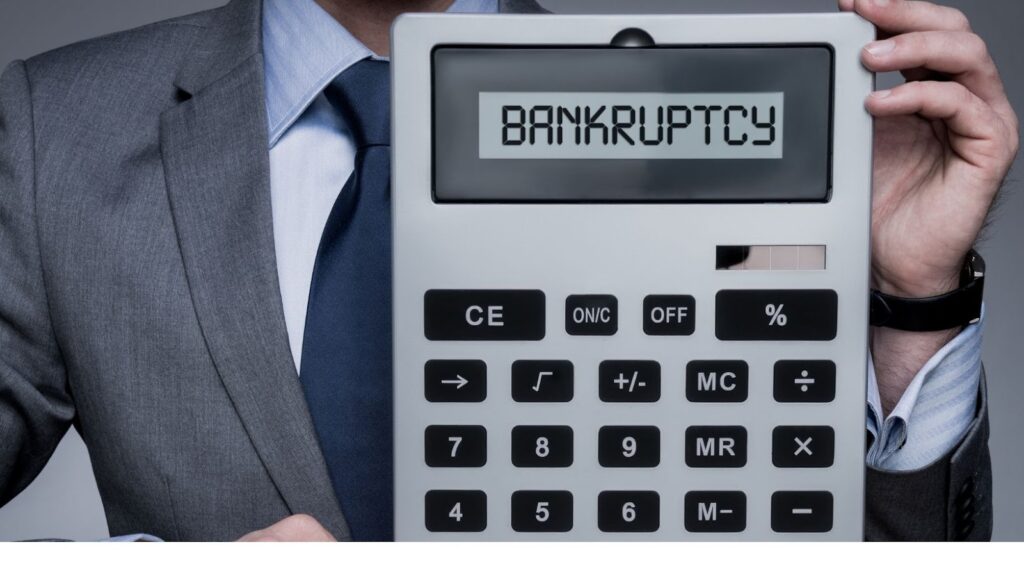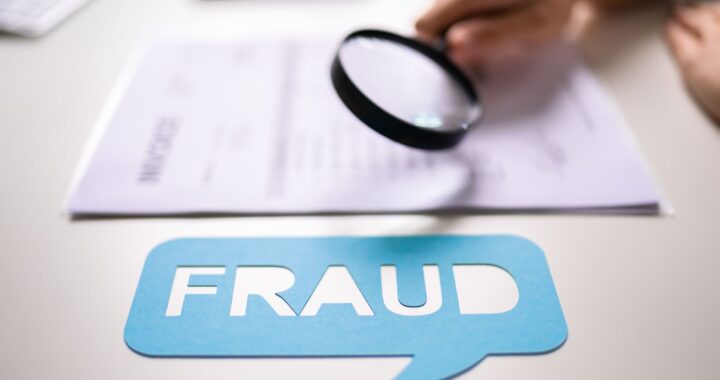
Can You File Bankruptcy Twice? All You Need To Know
If you’ve gone through bankruptcy once before, you may wonder if you can file again if your financial situation hasn’t improved. The answer is yes, you can file for bankruptcy more than once. However, there are some limitations and requirements you should be aware of before considering filing again.
In most cases, you must wait a certain amount after your previous bankruptcy before filing again. For example, if you filed for Chapter 7 bankruptcy and received a discharge, you must wait eight years before filing another Chapter 7 case. If you previously filed for Chapter 13 bankruptcy and received a discharge, you must wait two years before filing for another Chapter 13 discharge. If you want to file for Chapter 13 after receiving a discharge in a Chapter 7 case, you may do so after four years.
It’s important to note that just because you’re eligible to file for bankruptcy again doesn’t necessarily mean it’s the best option for your situation. So before filing, you should weigh all your options and consider speaking with a bankruptcy attorney to discuss which type of bankruptcy, if any, is right for you.
Can You File Bankruptcy Twice
If you’ve filed for bankruptcy, you may wonder if it’s possible to file again. The law doesn’t prohibit you from filing for bankruptcy more than once, but some certain rules and limitations apply.
Chapter 7 vs Chapter 13
First, it’s important to understand the difference between the two most common types of bankruptcy: Chapter 7 and Chapter 13. In Chapter 7 bankruptcy, your non-exempt assets are sold to pay off your debts. In contrast, Chapter 13 bankruptcy allows you to keep your assets and develop a repayment plan to pay off your creditors over three to five years.
Time Limits
The type of bankruptcy you previously filed, and the length of time that has passed since your last bankruptcy, will determine your options if you’re considering filing again.
If you previously filed for Chapter 7 bankruptcy and received a discharge, you must wait eight years from your last filing before you can file again. On the other hand, if you previously filed for Chapter 13 bankruptcy, you’ll have to wait six years from the filing date to file another Chapter 7 petition.
If you want to file for another Chapter 13 bankruptcy, you’ll have to wait two years from the date of your previous Chapter 13 discharge to file another Chapter 13 petition. But if you want to file for Chapter 13 after previously filing for Chapter 7, the waiting period is only four years.
Multiple Bankruptcies
It’s worth noting that filing for bankruptcy multiple times can complicate matters. For instance, you may be less likely to receive a discharge in your subsequent bankruptcy if the court finds you filing in bad faith. Additionally, your creditors may oppose your bankruptcy filing if they believe you’re trying to abuse the system.
Ultimately, whether or not you can file for bankruptcy twice depends on the specific circumstances of your case. Speaking with an experienced bankruptcy attorney who can guide you through the process and explain your options is important.
Overall, while filing for bankruptcy twice is possible, it’s important to carefully consider your financial situation and seek professional guidance before making any decisions.
What You Should Know Before Filing For Bankruptcy Again
Filing for bankruptcy should be the last resort. If you’ve already filed for bankruptcy once, you know how stressful and complicated the process can be. However, life sometimes throws unexpected setbacks at us, making it necessary to file again. But before you do, here’s what you should know:
1. You Can File For Bankruptcy Again
Contrary to popular belief, there are no legal restrictions on how many times you can file for bankruptcy. However, the timing of your second filing may affect your eligibility for discharge and the type of bankruptcy you can file. You’ll need to wait for a certain period before filing again.
2. The Waiting Period Between Filings
If you’ve filed for bankruptcy under Chapter 7, you’ll need to wait eight years before filing again under the same chapter. If you’ve filed for Chapter 13 previously, you’ll need to wait two years before filing for Chapter 13 again. It’s important to note that the period is counted from the filing date, not the discharge date.
3. Eligibility For Discharge
Your eligibility for discharge can be affected if you’ve filed for bankruptcy. For example, if you received a discharge in a previous Chapter 7 case, you won’t be eligible for another discharge in another Chapter 7 case for eight years. Similarly, if you received a discharge in a previous Chapter 13 case, you won’t be eligible for another discharge in another Chapter 13 case for two years.
4. Hire An Attorney
Filing for bankruptcy a second time is more complicated than the first. There are additional requirements and restrictions, and the court will scrutinize your case more closely. Therefore, hiring an experienced bankruptcy attorney who can guide you through the process and ensure that you comply with all the rules and regulations is crucial.
In conclusion, filing for bankruptcy twice is possible, but it comes with complications and restrictions. Therefore, it’s essential to understand the waiting period and your eligibility for discharge before filing again. Moreover, hiring an attorney can increase your chances of success and ensure you comply with all the legal requirements.
Alternatives To Filing For Bankruptcy Twice
If you’ve already filed for bankruptcy once and are struggling with debt again, you might wonder if you can file for bankruptcy a second time. Although possible, filing for bankruptcy twice can have drawbacks, such as a longer wait period to qualify, more stringent eligibility requirements, and a less favorable outcome.
If you’re considering filing for bankruptcy for the second time, exploring other alternatives that can help you manage your debts and rebuild your credit is essential. Here are a few alternatives to filing for bankruptcy twice:
1. Debt Management Plans – These plans are offered by credit counseling agencies that work with creditors to negotiate a lower interest rate and monthly payment on your debts. A debt management plan can help you pay off your debts faster and avoid bankruptcy.
2. Debt Settlement – Debt settlement allows you to negotiate a lump-sum payoff amount with your creditors to settle your debts for less than what you owe. Debt settlement can help you avoid bankruptcy while reducing your debt burden.
3. Paying Off Debts – If you have some disposable income, you can consider paying off your debts on your own. Start by prioritizing your debts and paying off the ones with the highest interest rate first.
4. Selling Assets – Selling assets, such as a car or other non-essential property, can be a viable option to pay off your debts. However, ensure you don’t sell items essential to your everyday life, such as your primary vehicle or tools required for your job.
Overall, filing for bankruptcy twice should be a last resort. It can have long-term consequences, such as making it challenging to obtain credit, higher insurance premiums, and your ability to find employment. Before considering bankruptcy, explore alternatives and seek professional guidance from a credit counselor or bankruptcy attorney.
Conclusion
In summary, while it is possible to file for bankruptcy more than once, certain restrictions and limitations are in place. The number of times you can file for bankruptcy depends on the type of bankruptcy previously filed and how long ago it was.
If you filed for Chapter 7 bankruptcy in the past, you must wait eight years before filing for it again. In contrast, if you filed for Chapter 13 bankruptcy previously, you can file for Chapter 7 bankruptcy after six years or for Chapter 13 bankruptcy after only two years.
It is worth noting that filing for bankruptcy multiple times can have severe consequences on your credit score and ability to obtain future credit. While bankruptcy can provide temporary relief for those struggling with financial difficulties, it is not a solution to be taken lightly.
In some cases, seeking professional financial advice or alternative debt relief options may be better than filing for bankruptcy again. But, ultimately, the decision to file for bankruptcy should be carefully considered and made with the help of a qualified bankruptcy attorney.
To sum up, filing for bankruptcy twice is possible under certain circumstances, but it is important to understand the limitations and potential consequences before making any decisions.








